The Anti-Imperialist
New in Ceasefire, The Anti-Imperialist - Sunday, April 15, 2012 10:05 - 1 Comment
The Anti-Imperialist">To self-police police racism is to perpetuate it The Anti-Imperialist
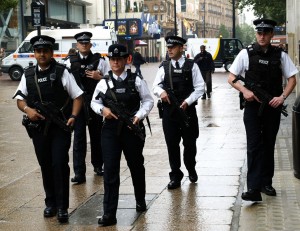
As further evidence emerges of police racism in the UK, Adam Elliott-Cooper uncovers a pattern of consistent failings by the Independent Police Complaint Commission to meaningfully hold the police to account.
New in Ceasefire, The Anti-Imperialist - Sunday, January 29, 2012 22:25 - 1 Comment
The Anti Imperialist">David Lammy and (Mis)understanding Violent Coercion The Anti Imperialist
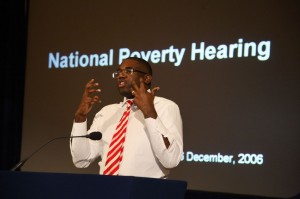 David Lammy's remarks blaming the riots on a lack of corporal punishment have been widely reported in the media. Adam Elliott-Cooper argues that Lammy's clumsiness not only draws attention from the multitude of factors underpinning the riots, but also the culture of violence that is far more damaging to the communities he claims to represent.
David Lammy's remarks blaming the riots on a lack of corporal punishment have been widely reported in the media. Adam Elliott-Cooper argues that Lammy's clumsiness not only draws attention from the multitude of factors underpinning the riots, but also the culture of violence that is far more damaging to the communities he claims to represent.
New in Ceasefire, The Anti-Imperialist - Friday, January 6, 2012 11:51 - 10 Comments
The Anti Imperialist">Blaming the victim: what the Diane Abbott controversy tells us about institutional racism The Anti Imperialist
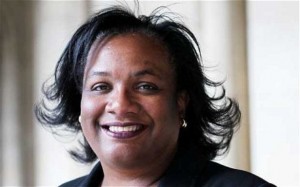 Diane Abbott’s controversial words might have been clumsy but the reaction to them has been a lot more instructive than the tweets themselves. Attacks equating her comments with white racism are yet further indication, says Adam Elliott-Cooper, of how little we understand racism, and the power structures entwined with it.
Diane Abbott’s controversial words might have been clumsy but the reaction to them has been a lot more instructive than the tweets themselves. Attacks equating her comments with white racism are yet further indication, says Adam Elliott-Cooper, of how little we understand racism, and the power structures entwined with it.
New in Ceasefire, The Anti-Imperialist - Tuesday, December 20, 2011 12:00 - 4 Comments
The Anti-Imperialist">Stephen Lawrence, Lord MacPherson and Sergeant XX The Anti-Imperialist
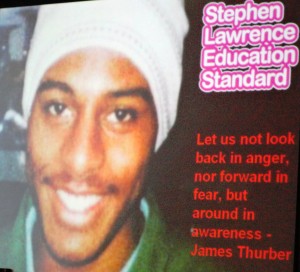 As the long-standing suspects of Stephen Lawrence's murder are put on trial, Adam Elliott-Cooper argues that only by understanding the context of institutional racism, and the overarching power structures that give rise to it, can we fully address these crimes and seek justice for their victims.
As the long-standing suspects of Stephen Lawrence's murder are put on trial, Adam Elliott-Cooper argues that only by understanding the context of institutional racism, and the overarching power structures that give rise to it, can we fully address these crimes and seek justice for their victims.
New in Ceasefire, The Anti-Imperialist - Sunday, November 27, 2011 11:27 - 5 Comments
The Anti Imperialist">The Second Death of Mark Duggan The Anti Imperialist
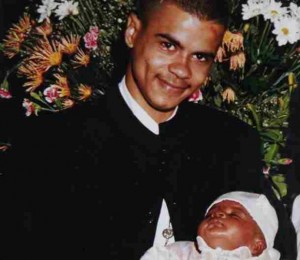 Mark Duggan was killed twice: first, when police officers shot him dead as he emerged from a taxi. Second, when the IPCC, Police and media all colluded in covering up the real circumstances of his death. As Adam Elliott-Cooper argues, this is merely the latest example of the institutional injustice and systemic abuses at the heart of our law enforcement establishment.
Mark Duggan was killed twice: first, when police officers shot him dead as he emerged from a taxi. Second, when the IPCC, Police and media all colluded in covering up the real circumstances of his death. As Adam Elliott-Cooper argues, this is merely the latest example of the institutional injustice and systemic abuses at the heart of our law enforcement establishment.
New in Ceasefire, The Anti-Imperialist - Sunday, October 23, 2011 12:47 - 0 Comments
The Anti Imperialist">Riots, Raids and Building Resistance The Anti Imperialist
 With dawn raids, arrests and stops of young people a daily occurrence in London, community organisers are standing up for their communities as well as working towards building critical conciousness. Adam Elliott-Cooper reports from Tottenham and speaks, in a series of video interviews, to radical youth organisers and educators about the riots, the aftermath and generating youth-led activism.
With dawn raids, arrests and stops of young people a daily occurrence in London, community organisers are standing up for their communities as well as working towards building critical conciousness. Adam Elliott-Cooper reports from Tottenham and speaks, in a series of video interviews, to radical youth organisers and educators about the riots, the aftermath and generating youth-led activism.
New in Ceasefire, The Anti-Imperialist - Sunday, September 18, 2011 14:44 - 5 Comments
The Anti Imperialist The UK Riots: Advertising as a form of violence
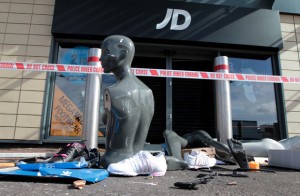 In the second of his columns on the political significance of the riots. Ceasefire Associate Editor, Adam Elliott Cooper, tackles the toxic alliance between youth culture, rampant consumerism and corporate interests.
In the second of his columns on the political significance of the riots. Ceasefire Associate Editor, Adam Elliott Cooper, tackles the toxic alliance between youth culture, rampant consumerism and corporate interests.
New in Ceasefire, The Anti-Imperialist - Sunday, September 11, 2011 10:00 - 11 Comments
The Anti-Imperialist The UK Riots: Redefining the Political
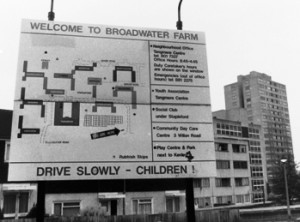 As Black communities come to terms with the attacks on local property, the politics of the riots and their aftermath has been seldom offered the attention it deserves. The learning, organising and actions of local communities during and following the uprisings display a need for many to redefine what is interpreted as 'political'.
As Black communities come to terms with the attacks on local property, the politics of the riots and their aftermath has been seldom offered the attention it deserves. The learning, organising and actions of local communities during and following the uprisings display a need for many to redefine what is interpreted as 'political'.
New in Ceasefire, The Anti-Imperialist - Sunday, July 31, 2011 0:05 - 0 Comments
The Anti Imperialist Language as Weapon
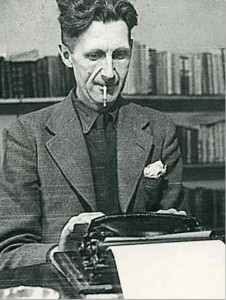 Language is a major weapon, both for those who seek liberation from oppression and the systemic forces that stand in their way. Adam Elliott Cooper argues that bland acronyms such as "BME" are a key aspect of the drive to de-politicise the struggle against racism.
Language is a major weapon, both for those who seek liberation from oppression and the systemic forces that stand in their way. Adam Elliott Cooper argues that bland acronyms such as "BME" are a key aspect of the drive to de-politicise the struggle against racism.
New in Ceasefire, The Anti-Imperialist - Sunday, July 3, 2011 9:00 - 0 Comments
The Anti Imperialist Migrant Solidarity, Global Resistance
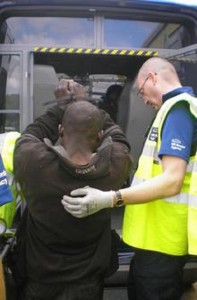 We live in a Western media-political climate that persistently demonises and victimises foreigners, while underplaying the role of European colonialism. In such a context, solidarity with migrants is not only morally imperative, argues Adam Elliott Cooper, but is a critical focal point in the global fight against Imperialism.
We live in a Western media-political climate that persistently demonises and victimises foreigners, while underplaying the role of European colonialism. In such a context, solidarity with migrants is not only morally imperative, argues Adam Elliott Cooper, but is a critical focal point in the global fight against Imperialism.

